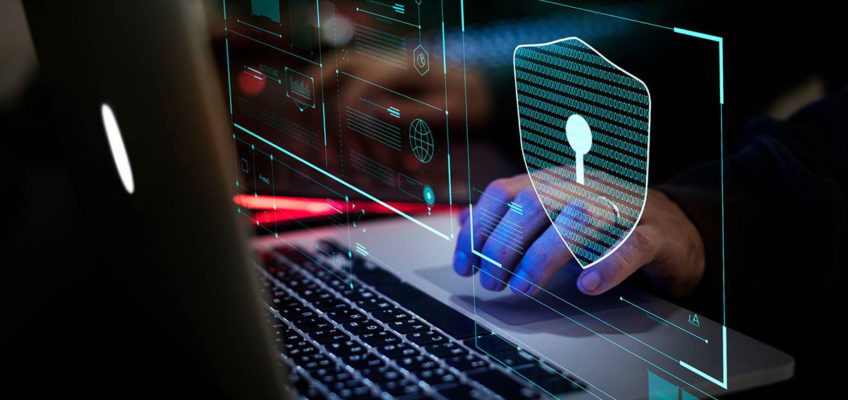While many businesses function successfully on a WFH (Work FromHome) model, there could be several others that can throw themselves up to the threat of data breaches during COVID19 pandemic. Becauseof the sudden, mandated shift from traditional model to WFH model, CISOs (Chief Information Security Officers) are concerned about potentially sensitive data leaks and infi ltration.
If you or your business is among those caught unawares, read on to understand what these risks are and how you can mitigate this crisis.
VPN Penetration
Working from home may appear to be a simple matter of extending your work VPN to home devices. Home devices however, are frequently used on public and shared networks that may not be well protected. Indeed, they may already be compromised – unbeknownst to the users. When your employees use these networks for work, your business becomes vulnerable to attack.
Ensuring that devices your employees use are armed with the righttools such as sophisticated fi rewalls and anti-malware reduces your riskof exposure
Protocol Breach
When employees work in offi ce, they adhere to a certain protocol andwork rules. This may not necessarily be the case with employees working from home, as during COVID19 lockdown. Working understress, employees get distracted – all fertile grounds for protocollapses – which could be a potential invitation to database penetration andbreach.
Proper and timely training for WFH protocol can help reduce protocollapses and ensure better control.
Ransom ware
Employees working on multiple networks, – usually public and insecure networks, – increase the risk of crypto ware creeping in. Crypto ware is software that penetrates your database and encrypts it. Hackers then demand high ransom for the decryption key. Meanwhile, you run the risk of sensitive information being leaked or exposed, which can be detrimental to businesses, resulting in collapse.
Ransom ware attacks can be prevented through managed antivirus and antimalware protection.
Spam and Pishing
Those seeming harmless emails and texts that we call spam may be potentially threatening. Emails may contain packet sniffers that extract data from data packets reaching your device as email, in-app messages, or other means. When home devices are used for work, there is little control on which emails or messages are allowed to filter through–another factor for data-breach risk.
Commercial filtering software that checks emails and other message scan be installed on any device to mitigate the risk of Pishing.
Security threats are more than just technology threats. They also include breach of protocol and other lapses. In fact, cyber security today is as much a matter of strategy as technology.
Undoubtedly, COVID lockdown requires an overwhelming number of employees to work from home on their personal devices and public networks. From an inadvertent breach of confi dentiality (a family member reading an email) to real threats posed by insecure Wi-Fi andpre-existent malware on devices – ensure that your business does notget exposed to such cyber security risks.
Infovie is committed to protect clients’ data assets – nay, your knowledge base – using a forward-thinking, custom strategy and solutions such as Mobile Device Management and Intrusion Detectionand Prevention.


Leave a Reply